DULCE ET DECORUM EST ‘It is sweet and glorious to die for one’s country’ (Horace)
‘Dulce et Decorum est’ now with a French translation: http://www.munduslingua.com/chat/index.php/content?cont=5
When I was a child, I was the only one in my school who had an uncle with a hole where his wrist should have been, clean through like a keyhole, only bigger and if he held his arm up in the air you could see through it to the blue of the sky. Every time Uncle Frank came to visit I wanted to put my hand into that hole, to check it, to make sure it was still there —I was so possessive of my own holey Uncle Frank.
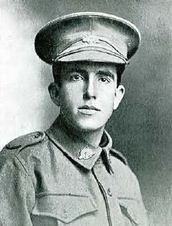 I remember a song on the radio then that I used to think was especially for my uncle and me. ‘Put your hand in the hand of the man who stills the water Put your hand in the hand, put your hand … ’ When he came to our house he always wore a brown pin-striped suit and drove his brown box-like Anglia like a weapon, crouching low behind the steering wheel as he went round corners. He brought us ice-cream in cardboard waxed containers like heavy, cold bricks and sometimes on the back seat of his car there was a brown paper bag stuffed with tomatoes from his own garden. ‘Uncle, can I put my hand in your hand? What does it feel like? Does it hurt?’ I used to think that Uncle Frank had been born with his holey hand and that made him special for me. He never told me about the Somme.
I remember a song on the radio then that I used to think was especially for my uncle and me. ‘Put your hand in the hand of the man who stills the water Put your hand in the hand, put your hand … ’ When he came to our house he always wore a brown pin-striped suit and drove his brown box-like Anglia like a weapon, crouching low behind the steering wheel as he went round corners. He brought us ice-cream in cardboard waxed containers like heavy, cold bricks and sometimes on the back seat of his car there was a brown paper bag stuffed with tomatoes from his own garden. ‘Uncle, can I put my hand in your hand? What does it feel like? Does it hurt?’ I used to think that Uncle Frank had been born with his holey hand and that made him special for me. He never told me about the Somme.
July 23rd 1916 ‘The ground shook and trembled and the concussion made our ears ring. It was impossible to hear ourselves speak to a man lying alongside. It is strange how men creep together for protection. Soon, instead of four paces interval between the men, we came down to lying alongside each other, and no motioning could make them move apart.’ ‘… chaos and weird noises like thousands of iron foundries, deafening and dreadful, coupled with the roar of high explosives … ripped the earth out of the parapet …’
Uncle Frank’s hair was brylcreamed flat to his head but his ears stuck out like the old-fashioned car indicators on his Anglia which he used to signal turns to the left or right. His black hair and olive skin made people sometimes ask if he was Italian. After they dragged me out of the hole, they gave me some morphia and I felt like I was floating above the ground. I was annoyed when the doctors’ ragged voices dragged me back to the noise and the dirt. ‘If we don’t operate tonight … take off your arm boy, I don’t think … sorry, but we don’t think you’re going to make it through the night, through the night, through the night …’ When I was leaving Australia, just before I got on the train, my mother said ‘Son, come back to us in one piece’, she would never forgive me if I came home without my right arm. I’m just sixteen. I’m the one who splits the mallee roots for the fire for her. But the doctors are worried about gangrene setting in. What do you think, Bert? You’re always up for giving a bit of advice even if it’s not asked for. ‘Please, Uncle, hold your arm up to the light again. I want to look through the hole. Can I put my finger in the hole again? How we longed for his visits, running to the front garden every few minutes and poking our heads through the cypress hedge to be the first to catch a glimpse of his Anglia teetering around the corner as if on two wheels and then rushing to the kitchen to announce his arrival, the sticky cypress oil still clinging to our skin. At my convent school above the river, religion classes were held in the little weatherboard ‘Red Room’ where Sister Longinus read us stories of Jesus. One of my favourites was about the apostle who would not believe, who wanted to do things his own way. ‘And Thomas said unless I shall see in his hands the print of the nails and put my finger into the print of his nails and thrust my hand into his side I will not believe.’ I believed that God had given Uncle Frank that special mark and it made him different from everybody else. I never believed that Bert and I would be separated as mates. He’s the one who made me put on my gas mask that night and it feels now like I’ll never be able to take it off again. I thought the love I had for you would have kept you alive. He smelled of mothballs as he sat in our kitchen stirring his tea round and round in the cup while he and Mum talked and we just listened. Sometimes he forgot to stop stirring and the milky tea sloshed into the saucer and over the starched cloth Mum had got out especially for his visit. The ritual was always the same. When the cup was empty he would sit silently, waiting for the clock in the hall to chime five o’clock. ‘Well then, I’d better get home and clean all the dead cowboys out of the bottom of the television set,’ he’d say. We clung to the front gate, which wobbled with that loose hinge that Dad was always promising to fix but never got around to. We waved at the vanishing Anglia or sometimes pursued it all the way to the end of the street until it turned the corner and was swallowed up by the pink fog of peppercorn trees. It’s just the gunfire that sometimes keeps me awake at night and makes me remember that night I spent locked in your arms, held close all that long night in a cold embrace. My body trembled whenever your soft flesh was kissed by the Hun’s steel bullet-lips.
October 14th 1916 ‘…we lie flat on the floor of our dugouts… and listen to the awful bombardment, which is rapidly merging into a continuous roar. the ground trembles beneath me and the air is charged with the acrid reek of high explosive fumes in all this overcharged horror…so it is to end here: Here in this dark mildewed hole in the earth…’ He worked in a vegetable garden when he came home. The effects of the gas in his lungs made working indoors difficult. The rhythm of digging and planting and digging and planting calmed his days and made him tired enough to sleep at nights. He wondered why the soil of the Adelaide hills should smell so much sweeter than the French soil of the Somme. Occasionally, he was overcome with fatigue and yearned to lie down in the furrows, to allow them to close over him so he could rest but who would bring the ice-cream to his nephews then? He was the one responsible, too, for planting those tender seedlings, watering them, defending them from the shining tracks of snails. He trapped them with saucers full of stale beer and then returned the next day to find their slimy bodies squirming and frothing in the furrows and felt sorry for their wasted lives. He would sometimes pick up handfuls of moist earth and sift it through his fingers, hold it up to his face and try to absorb its odour. Perhaps he wanted to extract the essence of that soil, possess it, contain it and somehow absorb it into himself. He dug bags of blood and bone into the garden, dragging in bag after bag on his shoulders, the sweat running into the corners of his eyes, hardly pausing for a rest, his chest wheezing like an old water pump. The red tomatoes plumped like babies before his eyes and the beans seemed to change to a darker green every time his back was turned. Here at least were everyday rhythms of the soil he had some control over. He dug and turned and shaped the shiny black earth but occasionally if he dug too deeply, he released the red dampness of the Somme from the Adelaide plains and it rose and billowed clouds of memory around his feet. When nobody was nearby, he lay down in the furrows. The blood and bone made him think of France as he tried to piece together his jigsaw memory of Bert’s face. That was the night when a salvo of shells landed nearby and suddenly the whole side of the shell-slit began to cave in. I began to struggle against the soft earth settling around me but gradually it pressed me down and I began to feel as if an iron band was constricting my chest. I was being buried alive and then, just as I began to black out I heard the shouts of the men around me… Sometimes I wondered if my Uncle Frank was like Jesus. I know Jesus had more wounds but my uncle did at least have one more than most people. But then he didn’t look like the Jesus in the church where I went to Mass, the Jesus hanging on the wood over the altar with the blood running down his arms and his eyes looking up into sky as if he’s expecting someone. I wanted to ask my uncle if he got his wound hanging on a piece of wood like that, but I never did. I did ask Sister Longinus, though, about those wounds of Jesus and she told me that his wounds were called the ‘Sacred Wounds’ and these are what saves us all from evil if we believe (she even wrote it on the blackboard with a chalky capital ‘E’) but I never heard my uncle call his a ‘sacred’ wound although sometimes I did hear him shouting about his ‘bloody arm’ when he thought no one was listening. …we just fell down and slept where we were, rain and all and shells falling about us but we were too exhausted to bother. We didn’t mind if we were killed there and then. I see Jesus hanging on his cross with the blood pouring from his wrists being collected in cups by two angels hovering behind the cross with their emerald and rust coloured wings whirring gently and brushing the air above a man and a woman who stand below. The man is covering his face with his hands, and the woman with her head tied up in a peasant scarf has her eyes closed like she can’t bear to watch what’s going on. Jesus’ eyes, though, are wide open and he looks surprised to be there. ‘But one of the soldiers with a spear pierced his side and forthwith came there out blood and water …’ Sometimes my uncle brought us bags of big ripe tomatoes or beans we’d never seen before as well as the ice-cream. He called the beans haricot and they grew so well in France, he said. He’d brought back a handful of those big seed pods squashed into the bottom of his kitbag to grow in Adelaide. We thought they looked like they were made of plastic and Mum used to put them out for the chooks after he’d gone. ‘Uncle, how come you don’t have a hole in your other hand and you’d be just like Jesus was.’ They have put salts on my arm to drain the gangrene out and the doctors have given me some morphia. I go in and out of dreams so I don’t know what is real and what is dream any more. At least if I don’t make it back, I know I’ve done my best for the Country and defended the Empire against the evil Hun. When I wake, I’m on a stretcher and it’s terribly cold…my feet are sticking out from under a blanket and the mud caked on my boots is covered with a thin layer of white frost. But I’m still in your embrace. You crouch over me, grinning. I can smell your stale cigarette breath and feel your hair, rough as straw, tickling my face as you bend closer to see if I’m awake. You lick your lips and the sky around us is red like exploding tomatoes. I’m not sure if it’s sunset or sunrise but the whole world seems on fire. A dull thudding sounds in the distance, shells digging and planting, digging and planting in the soft earth. Now your hands reach forward and start caressing my face. ‘Wake up, Frank, for God’s sake, mate, you’ve got to hang in there.’ Your eyes glint cold metal in the red light but I can’t see the rest of you. Where are you now, Bert? Do you still have that tattoo of the ship’s anchor on your arm? Now we’re in a garden and there’s a naked baby crawling through the grass towards us and an old woman is bending down to embrace it. I lean back against a half-ruined wall and you, naked from the waist up, fall back into my arms. A German soldier is raising his rifle and lifting it towards us but then, a skeleton wearing a brightly flashing tiara bursts through the smoke with a scythe and lops off the soldier’s head with a single blow. Your embrace has saved me again. Uncle Frank, why don’t you get married like my Dad and then you will have someone to look after you too? There’s a man wearing a gas mask (is it me?) standing in the middle of bodies and body parts. Here’s another man’s head thrown back with sightless eyes and blood pouring from his mouth and a discarded arm (is it mine?) lies in a heap of entrails. Lunging overhead is a man on long skeletal legs like those of a giraffe and he’s pointing at something in the distance which I can’t yet see. Good on you, Frank. I knew you had the guts to hang in. I’m proud of you, mate. You’re the best friend a man could have. I’m glad I could help you out on my last night. You lived to go home and grow those bloody great tomatoes but I reckon I coulda grown better ones though on the old man’s farm….if I’d a lived…Frank…if your love could have saved me I should not have died, there…I’ve said something I couldn’t say while I was still alive. Our friendship should have been strong enough to save us both.
April 19th 2005 Yeah, I’ve heard all those family stories about my grandfather’s Uncle Frank, how he survived the battle of the Somme…how his mate was blown up by a mortar and his body fell across poor bloody Uncle Frank’s—how he lay there all night protected by his mate’s body, getting filled up with lead instead of him—poor bastard. But this is a different war, more sophisticated, high-tech weapons, like and stuff. I’m not too worried … just want to do my bit in Iraq … defend freedom and democracy against the evil of terrorism … and stuff. I think Uncle Frank would be proud of me. Anyway we’re off tomorrow so keep in touch. You can always send me an email or an sms, mate. ‘… and Jesus stood in their midst and said: “So, you lot, what happened to peace then?” and he caught sight of Thomas cringing in the corner and said: “Uncle Frank, bring your finger here and put it into the hole in my hand and look, it’s just like yours and if you hold it up to the light, you can see through it way up into the blue, blue of the sky. Now, how’s that for something to write home about!” Extracts from letters taken from The Broken Years: Australian soldiers in the Great War by Bill Gammage, Penguin Books, Ringwood, 1975.

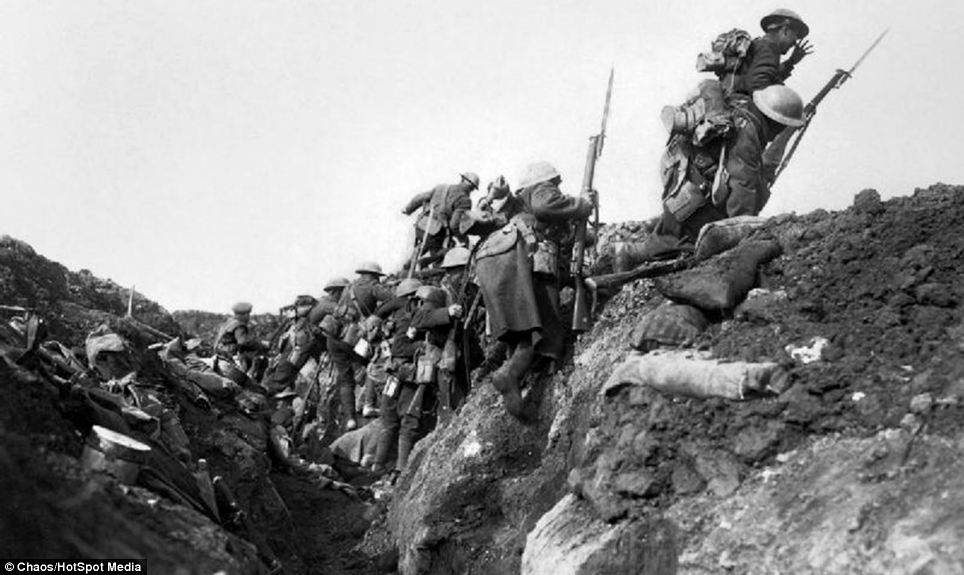
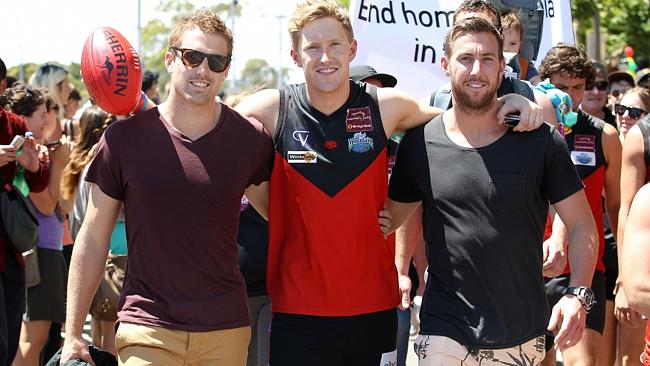
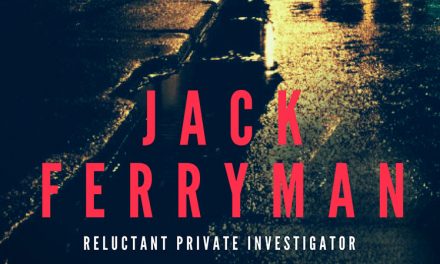

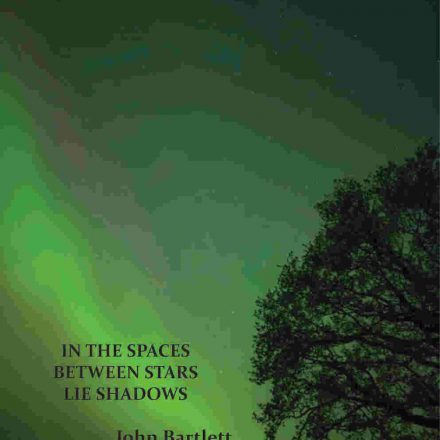
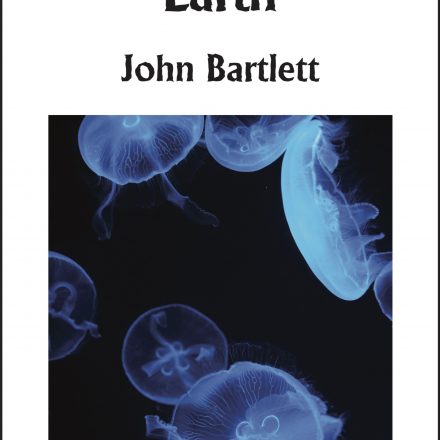
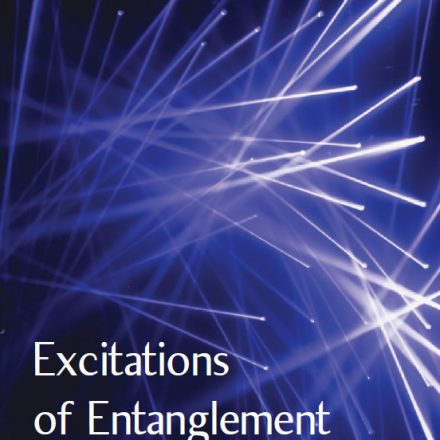
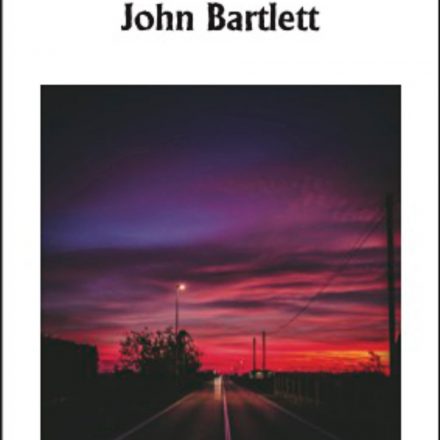
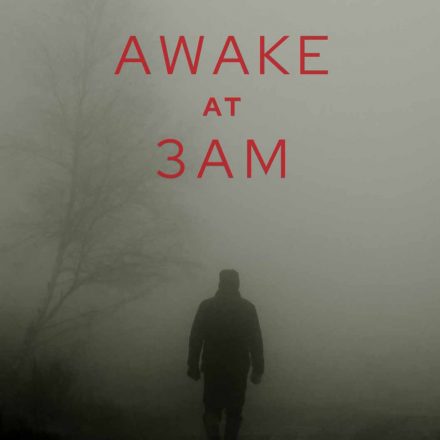
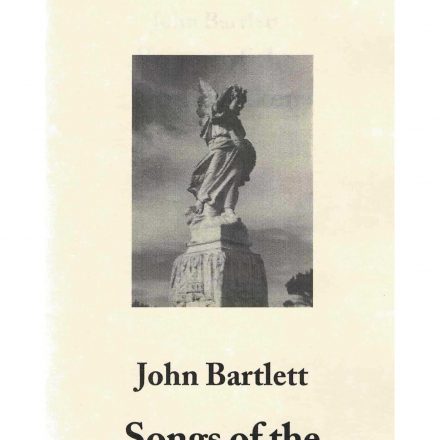
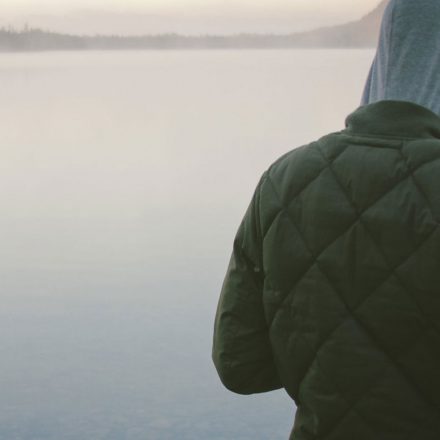
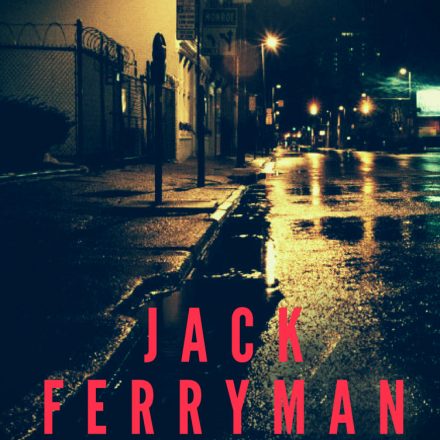
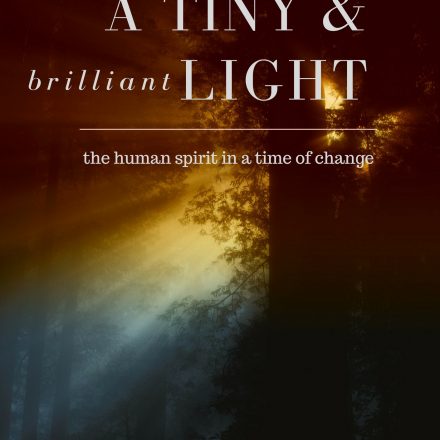
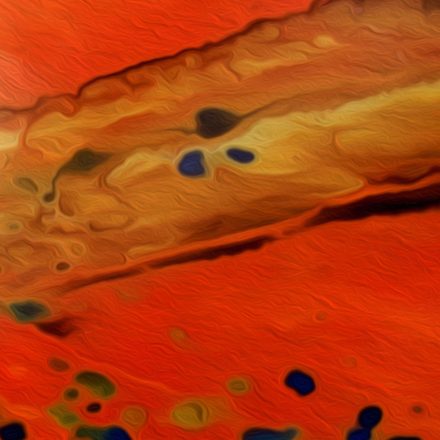

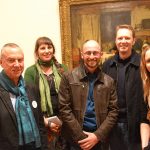
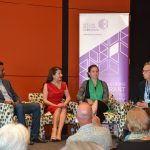
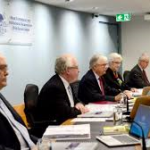
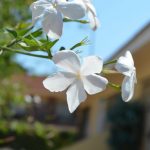
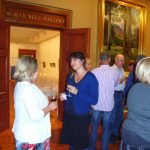
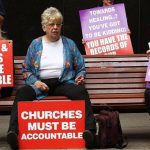

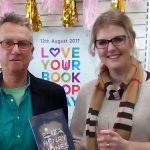
Jack, I’m here in Bondi staying the weekend with my boys Dan and Andy. Back to Brisbane to Chris and Alex tomorrow. Your writing is gripping and beautiful and has helped me to get into the spirit of today – Anzac Day. I’ve been feeling distant from the significance of the day being surrounded by my boys and their friends. I needed to read this. Thank you for this. All the best to you and Stephen